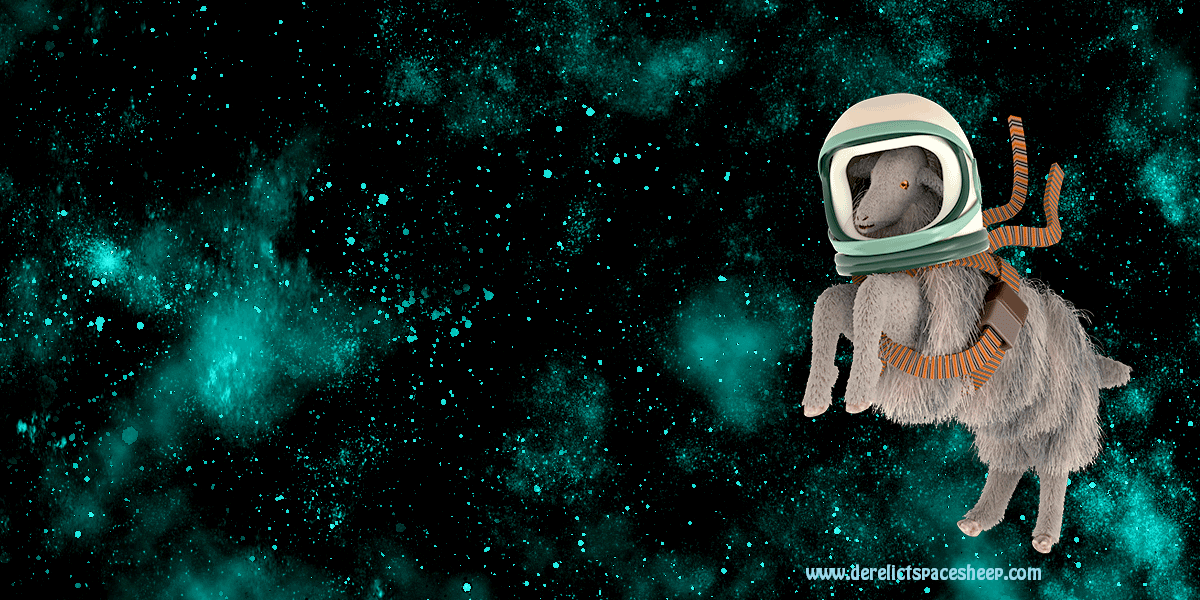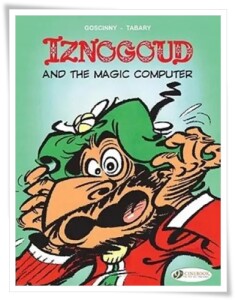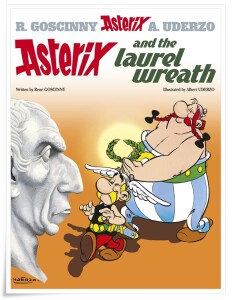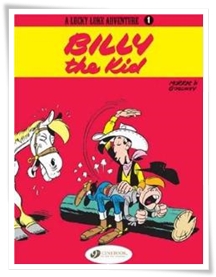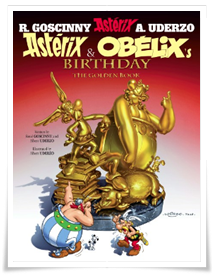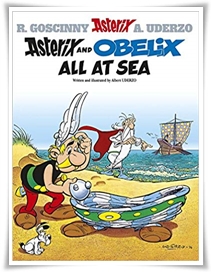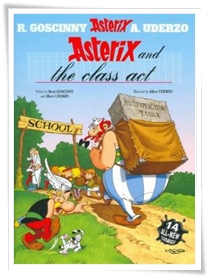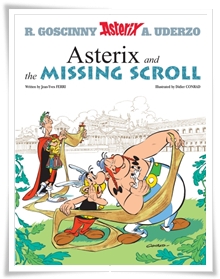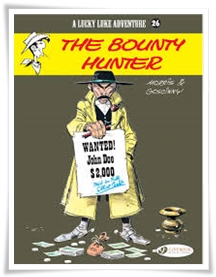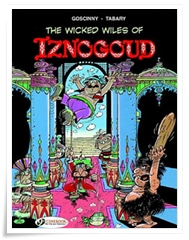Iznogoud and the Magic Computer
by Goscinny; ill. Tabary (Cinebook, 2009) [from ‘Iznogoud et l’ordinateur magique’, 1970]
Five pun-filled stories featuring the nefarious Iznogoud, oft-thwarted scourge of ancient Baghdad. Goscinny overdoes the wordplay and undercooks the characterisation while Tabary’s panels evoke a clutter, not a treasure trove, of detail. (Admittedly his camels and elephants make for comic haute cuisine.)
